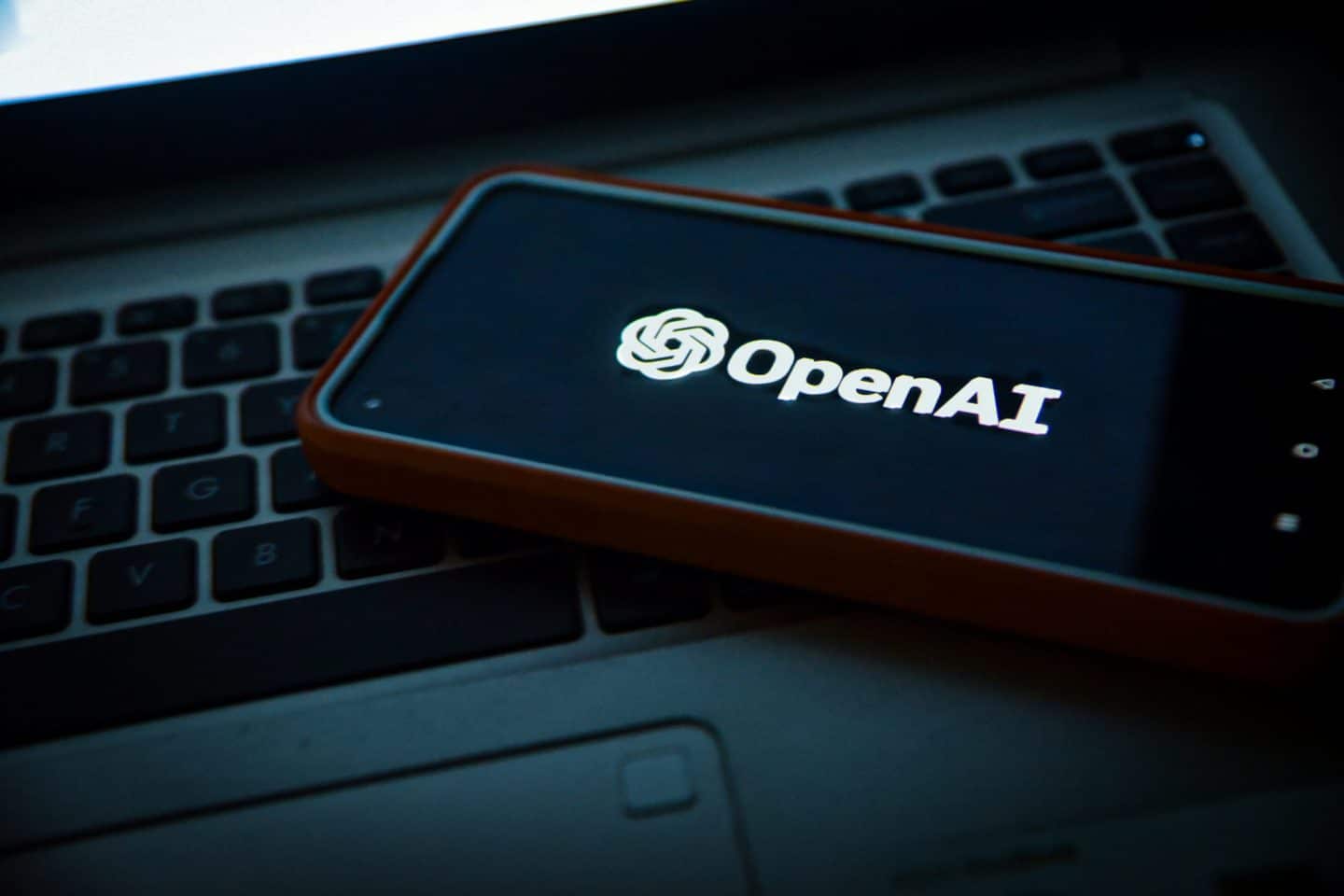OpenAI is investing $1 million in groundbreaking research at Duke University to examine how artificial intelligence can predict and navigate human moral judgments.
Why Ethics and AI Must Intersect
In the rapidly expanding field of AI, questions surrounding morality and ethics are becoming increasingly critical. OpenAI’s funding aims to address these challenges by empowering Duke University’s Moral Attitudes and Decisions Lab (MADLAB) to lead the project titled “Making Moral AI.” This initiative is spearheaded by renowned ethics professor Walter Sinnott-Armstrong and Jana Schaich Borg, with the goal of creating a “moral GPS” that could guide ethical decision-making in AI systems.
A Multidisciplinary Approach to Morality
The research team at MADLAB is adopting a multidisciplinary approach, integrating computer science, neuroscience, psychology, and philosophy to understand how human moral attitudes are formed. This holistic perspective could pave the way for innovative tools capable of providing ethical guidance in various domains, from healthcare to business and beyond.
Can AI Handle Moral Complexities?
As AI becomes more entwined in decision-making processes, its role in ethical scenarios is being examined closely. For instance, could AI help resolve moral dilemmas in autonomous vehicles or offer insights into ethical corporate practices? These possibilities underscore the potential of AI, but they also raise critical questions: Who defines the moral framework for these systems? And can AI truly grasp the emotional and cultural subtleties that shape human morality?
OpenAI’s funding will support the development of algorithms capable of forecasting human moral judgments. These algorithms could be utilized in fields requiring nuanced ethical trade-offs, such as medicine, law, and governance. However, the challenge lies in designing systems that are not only accurate but also culturally sensitive and emotionally aware.
Challenges in Embedding Ethics into AI
Moral reasoning is deeply personal and influenced by cultural, societal, and emotional factors, making it difficult to encode into algorithms. Moreover, without proper safeguards like transparency and accountability, there is a significant risk of perpetuating biases or enabling unethical applications. The development of moral AI calls for collaboration across disciplines and industries to ensure that these systems are fair, inclusive, and aligned with societal values.
OpenAI’s Vision and Broader Implications
OpenAI’s investment in Duke University’s project is a step forward in understanding the intersection of AI and ethical decision-making. The insights gained from this research could shape the future of AI applications, ensuring that they serve the greater good while minimizing the risks of unintended consequences.
For a deeper dive into balancing AI advancements with broader societal objectives, explore Balancing AI Advancement with Environmental Sustainability, which examines how innovation can harmonize with pressing global challenges.
As AI continues to evolve, projects like “Making Moral AI” highlight the importance of balancing technological innovation with ethical responsibility. By addressing these critical issues, the research could set the foundation for a future where AI enhances, rather than compromises, human values.







